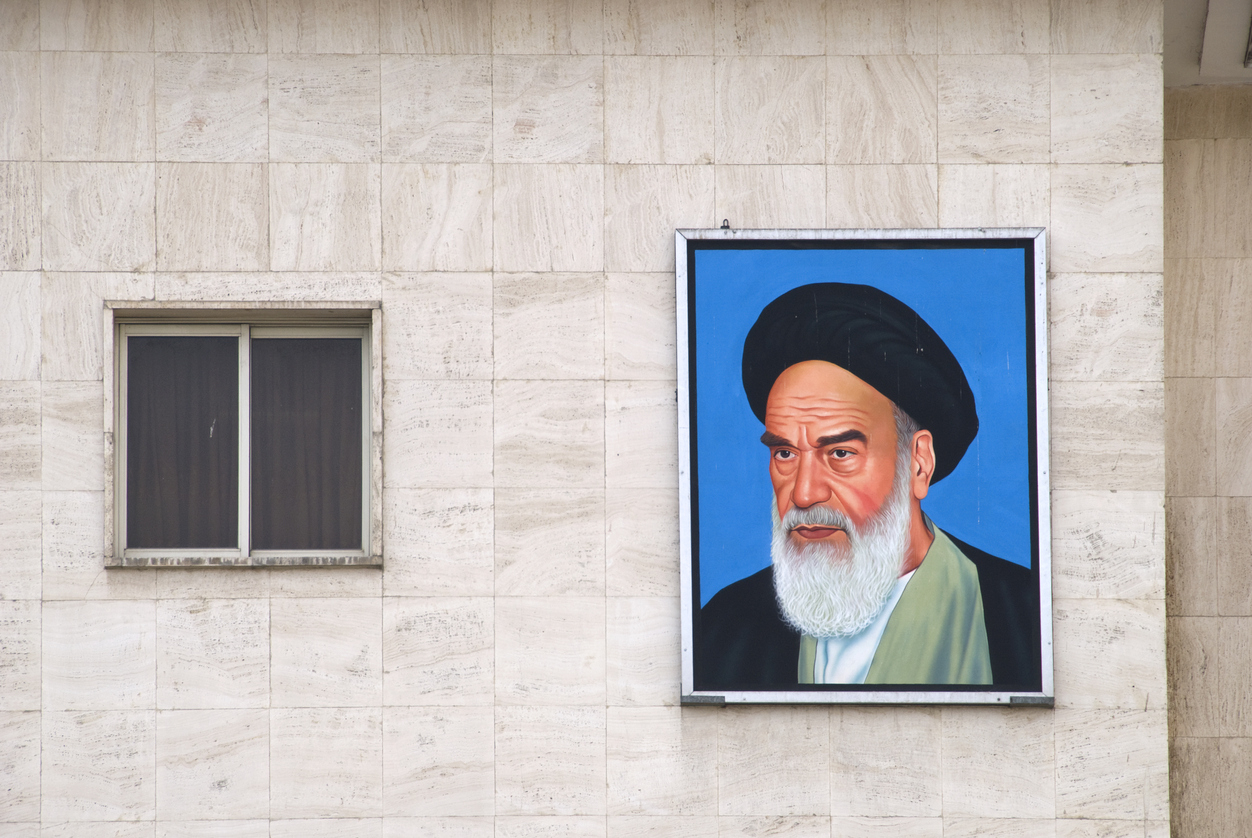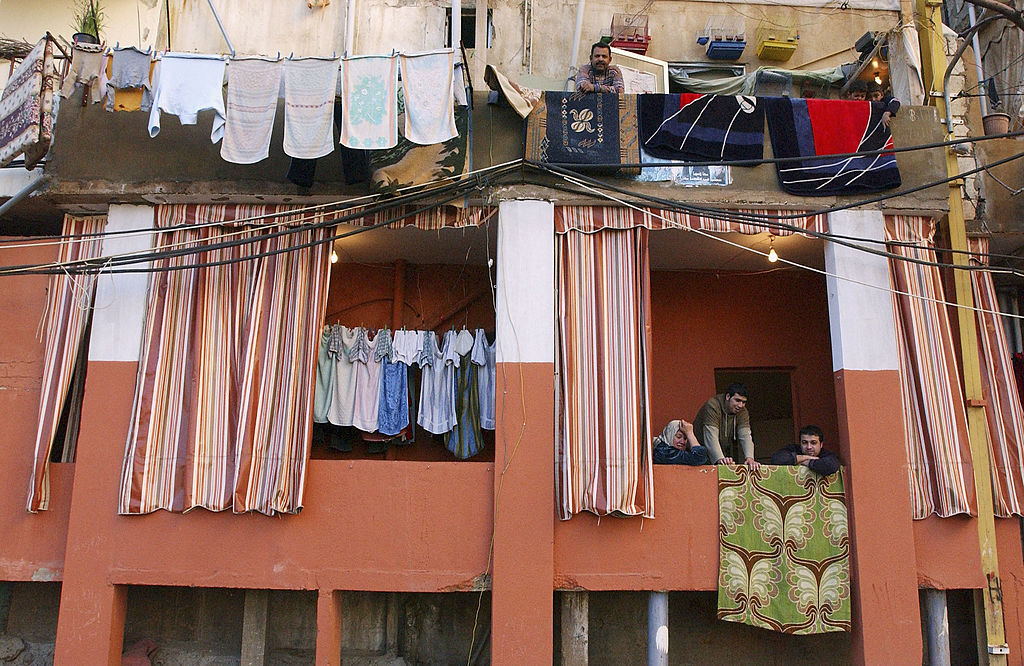by Con Coughlin
With Mr Trump's focus firmly fixed on winning re-election in next year's presidential election contest, the Iranian regime has probably concluded that the White House is determined to avoid all forms of overseas military intervention at any cost.
- This [shooting down a US Navy drone] was a clear-cut act of provocation against the US in violation of international law, one that required a firm and decisive response from the White House.
- Yet, having initially threatened to respond militarily, President Trump then changed his mind, thereby allowing the Iranians off the hook.
- With Mr Trump's focus firmly fixed on winning re-election in next year's presidential election contest, the Iranian regime has probably concluded that the White House is determined to avoid all forms of overseas military intervention at any cost.
- The result is that Iran -- and other adversaries of the US, such as China, North Korea, Russia, Venezuela, Cuba and the Taliban -- now may feel even more emboldened to continue their provocative actions in the Gulf and elsewhere, knowing that, so long as Mr Trump is in the White House, they do not have to fear they will be subjected to military retribution from Washington.

With
President Trump's focus firmly fixed on winning re-election in next
year's presidential election, the Iranian regime has probably concluded
that the White House is determined to avoid all forms of overseas
military intervention at any cost. Pictured: A portrait of Iran's
previous "Supreme Guide," the late Ayatollah Ruhollah Khomeini. (Image
Source: FrankvandenBergh/iStock by Getty Images)
|
For all US President Donald Trump's bluster that the US military is "locked and loaded", the reality is that the White House has absolutely no interest in launching military action against Iran in retaliation for its involvement in the devastating attack on Saudi Arabia's oil infrastructure. It is a decision doubtless not lost on Iran.
On the contrary, for all Mr. Trump's machismo posturing, the most the President can be expected to do is intensify the sanctions regime against Tehran, a move that is unlikely to strike fear into the hearts of Iran's battle-hardened veterans of its Revolutionary Guard.
Indeed, the President's disinclination to confront Iran over its increasingly aggressive conduct towards the US and its allies in the region appears only to have emboldened the ayatollahs to even greater acts of provocation, such as last weekend's attacks on Saudi Arabia's Khurais oil field and the Abqaiq oil processing facility, which resulted in the Saudis losing nearly 50 per cent of the country's oil processing capacity and for a while sparked a sharp jump in oil prices.
As senior Saudi officials said in the aftermath of the most significant attack Saudi has suffered since the First Gulf War, when Iraqi dictator Saddam Hussein fired a barrage of Scud missiles at his Saudi neighbours, the attack was not just an attack against the Saudi kingdom, but against the entire global economy.
Tehran has, of course, denied any involvement in the attack, a claim that holds no credibility whatsoever after Saudi officials later put on display parts of the weaponry used in the attack that proved categorically their Iranian provenance.
Markings on the cruise missiles used in the attack showed clearly that they were manufactured in Iran earlier this year, while wreckage from delta wing drones that are used by the Iranian military were also put on display.
Which begs the question why, if Iran had nothing to do with the attack, were Iranian missiles and drones involved?
Moreover, international pressure on Iran to explain its actions is likely to intensify, after it was shown that the attack originated from Iranian soil to the north of Saudi Arabia, and not from Houthi-controlled territory in Yemen to the south as was originally claimed.
Saudi defence officials insist the missiles' maximum 690-kilometre range is too short for them to have been fired from territory controlled by the Iranian-backed Houthis. The US assessment is that they were fired from western Iran, close to the Iraqi border, directly north of Abqaiq.
Yet, despite the Trump administration's constant assurances that it will protect its Saudi allies, the White House has pulled back from any talk of launching military action by way of retaliation, and Mr. Trump has instead ordered Steve Mnuchin, his treasury secretary, to draw up a new list of sanctions against Iran.
Rather than taking robust measures to punish Iran for its audacious attack on the Saudis, Mr. Trump's disinclination to take more robust action will only send a message to the hardliners who now dictate policy in Tehran that the US has no intention of escalating tensions with Iran.
With Mr. Trump's focus firmly fixed on winning re-election in next year's presidential election, the Iranian regime has probably concluded that the White House is determined to avoid all forms of overseas military intervention at any cost.
The writing was on the wall so far as Iran is concerned earlier in the summer, when Mr. Trump pulled back from launching military action against Iran after the regime shot down a US Navy drone operating in international waters in the vicinity of the Strait of Hormuz.
This was a clear-cut act of provocation against the US in violation of international law, one that required a firm and decisive response from the White House.
Yet, having initially threatened to respond militarily, Mr. Trump then changed his mind, thereby allowing the Iranians off the hook.
The result is that Iran -- and other adversaries of the US, such as China, North Korea, Russia, Venezuela, Cuba and the Taliban -- now may feel even more emboldened to continue their provocative actions in the Gulf and elsewhere, knowing that, so long as Mr. Trump is in the White House, they do not have to fear they will be subjected to military retribution from Washington.
Con Coughlin is the Daily Telegraph's Defence and Foreign Affairs Editor and a Distinguished Senior Fellow at Gatestone Institute
Source: https://www.gatestoneinstitute.org/14902/us-adversaries-nothing-to-fear-from-the-white
Follow Middle East and Terrorism on Twitter



